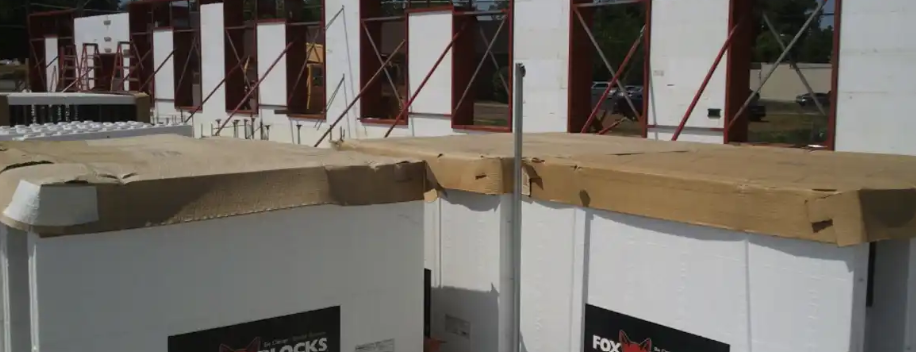
Built to Weather Any Storm, Resilient Buildings Strive to Withstand Climate Events

23 Must-Haves When Building an Energy-Efficient Home
Why Is Indoor Air Quality Important & How to Create It
Experts agree that controlling or conditioning indoor air is the best way for a business to increase employee efficiency and to reduce costs connected with employee health care.

23 Must-Haves When Building an Energy-Efficient Home
Millennials further appreciate that energy-efficient homes provide a high level of comfort and safety to their families, and will increase the resale value of the house.
Integrated Learning Center

Structural Insulated Panels (SIPs) Vs. Insulated Concrete Forms (ICFs)

How to Build a Bowling Alley from Foundation to Finish with ICF Advantages

Metal Studs vs Wood Studs Price: Why ICF Provides a Better Long-Term Value

How Will This Year's Vote on the IECC Affect Your Next Project?
Today, there are many voices making waves in building codes and green/energy-efficient design; none are more important than the views of local officials that vote on hundreds of proposals to change the International Energy Conservation Code (IECC).

The Advantages of ICF over CMU Construction
Concrete masonry units (CMU) and insulated concrete form (ICF) walls have several features in common: energy-efficiency, durability, and good indoor environmental quality (IEQ). However, ICF is quicker and easier to install compared to CMU, which saves time and money.